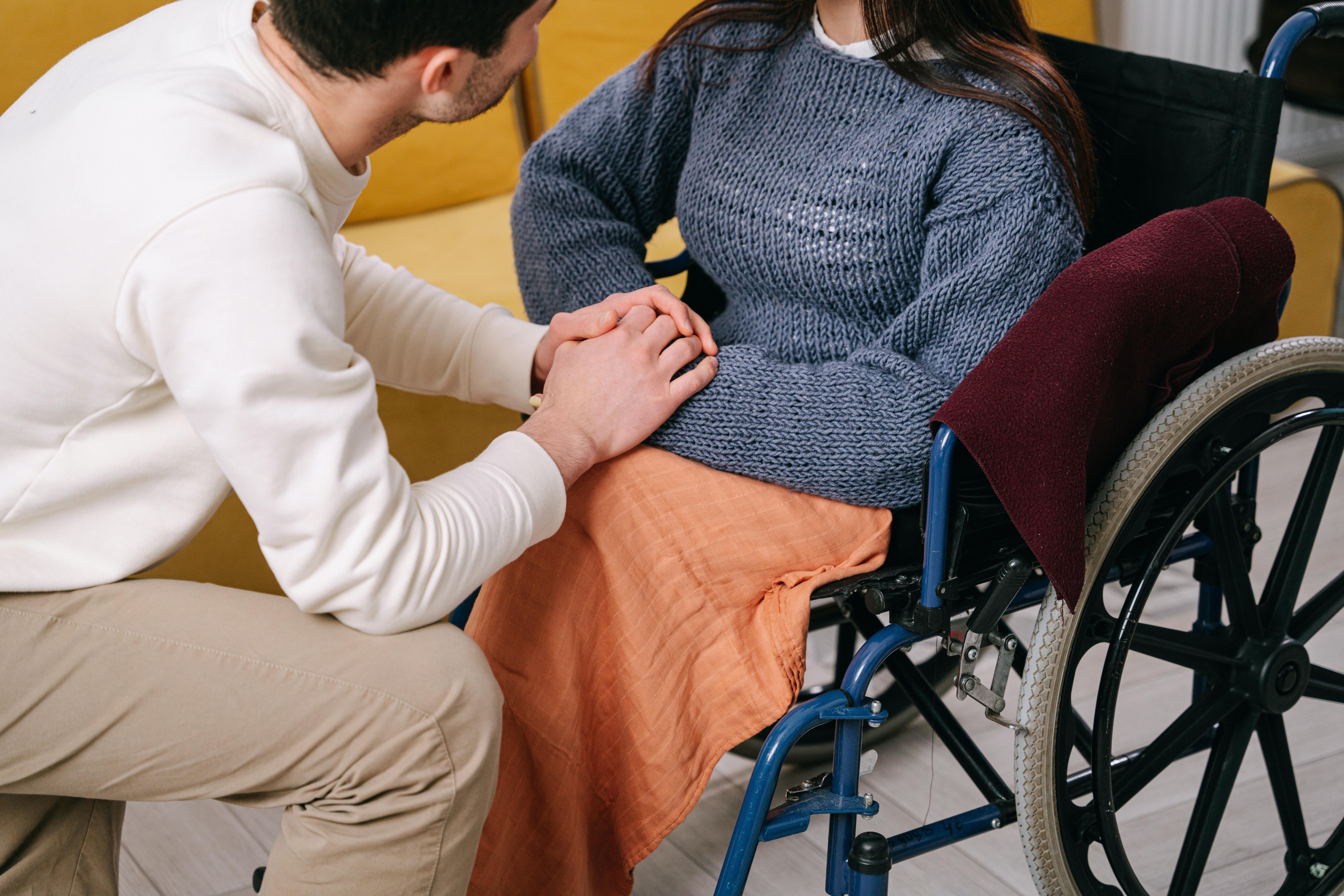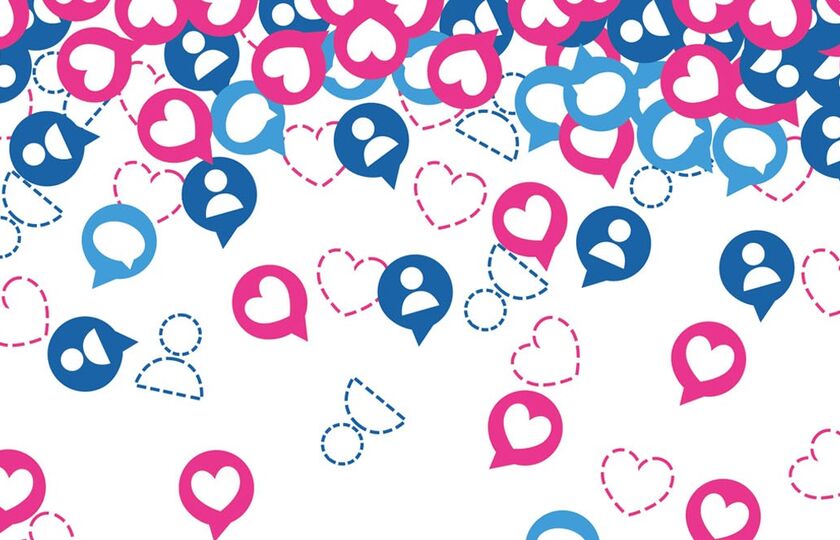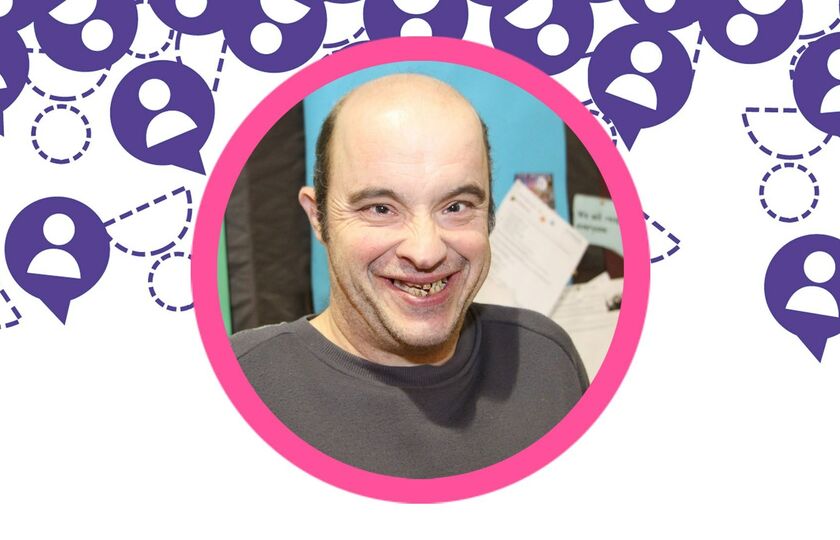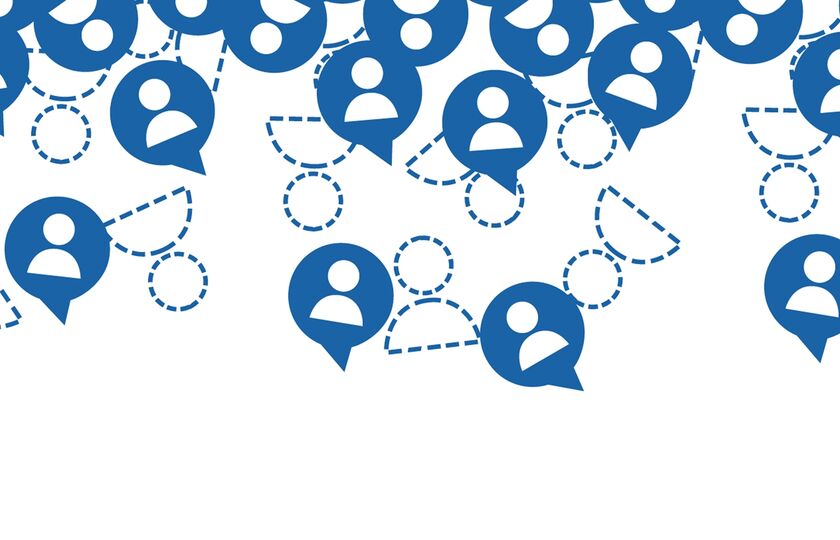See the full list here
Supported Loving toolkit
Support to date

This page covers supporting people with learning disabilities to date, the challenges faced, and how to address them and provide the appropriate support needed.
People with a learning disability have rights just like anyone else. Everyone has the right to a loving relationship and to have opportunities to meet other people. People should be listened to, they should have the right to be with a partner (if that’s what they want), and their voices should be heard so they can make their own choices. Many people with learning disabilities find themselves isolated and need support to develop friendships and relationships. With the right support, most people with a learning disability can achieve their dreams – whether that is being in a relationship or getting married.
Research shows that the relationship needs of people with a learning disability are rarely given priority (Taylor and Gomez, 2017) and they are more likely to be socially isolated (Sense, 2017). When it comes to looking for love, we know that many people without a learning disability now use online dating apps, which require users to, 'swipe' on people they like. Such apps rely heavily on looks, and research is emerging to show the potential negative impact these forms of apps can have on mental health and self-esteem (Holtzhausen et al, 2020) (McCarthy et al 2020) found people with learning disabilities rarely had positive experiences using such apps.
There are a small, but growing number of specialist dating agencies for people with learning disabilities or additional support needs in England. Supported Loving has a list. McCarthy et al’s research (2020) found people who used these agencies had more positive experiences, in terms of the dates they went on and the additional activities that the dating agencies offered. They experienced less fear regarding abuse from others and rejection due to their disability.
In 2019, the Care Quality Commission (CQC) published its guidance for social care providers, which formally recognised the need for staff to provide support surrounding relationships and sexuality. The guidance stated: "Some people may have never been in a relationship or have been sexually active. They may need support and education to enable them to develop and maintain intimate relationships. Providers should help people to access this support if they cannot do it themselves.”
What are the most common challenges faced by people in this area?
It can sometimes be difficult for people to date due to their disability:
- Some people with a learning disability find social interaction difficult, which can make dating challenging and they may need extra support or advice.
- Lack of understanding of social rules – many people have not received any education regarding what is appropriate in dating and relationships, which can, for example, result in inappropriate and excessive calls or texts.
- Some people may have built routines which potentially make meeting new people, and having to adapt their routine, challenging.
- Supporting people to manage their expectations - dating agencies commonly get new members expecting to find love with the person of their dreams very quickly, which unfortunately is unlikely.
- Mismatches in what different genders want in terms of a sexual relationship – women are often fearful of sex, whereas men are often more open in their desire for a sexual relationship.
Restrictions from family, staff or others:
- Over-protective parents, or support staff who are fearful that the person they support may get hurt or abused.
- Anxieties about a family member receiving unwanted friendships/relationships, which might include stalking or compulsive behaviour.
- Lack of confidence to support people due to embarrassment or lack of training.
- Worries about encouraging sexualised behaviour.
- Safety concerns raised by staff regarding overnight guests where people live in 24-hour supported accommodation.
- Lack of technical knowledge may affect someone’s ability to support a person to access online workshops, or with people living independently, they may not have any support to travel to workshops.
Due to societal/environmental challenges:
- Many people experience isolation. People have often attended units and special schools so may lack a local peer group. This can reduce the likelihood of meeting a partner.
- People are often in low paid jobs, or have trouble finding work, so will not have a high disposable income to spend on dating and socialising. Also, they can sometimes be the only person at their workplace with a learning disability or autism, and may struggle to fit in and make friends.
- Many people may have missed out on sex education at school, or it was not provided in a way that people understood.
- Lack of free sexual counselling for people with a learning disability.
- Not always a clear route to accessing help and advice – eg GP or learning disability nurse.
- People do not know where to find accessible literature to support people around sex and relationships.
- Some people with a learning disability or autism may face varying levels of discrimination from the general public due to lack of education and understanding.
How best to support people in this area
It is important to have conversations with the person around the following:
- Is the person looking for a casual or social relationship, an intimate relationship and/or a long-term relationship that may lead to marriage or moving in together?
- People can be very eager and need support to understand that relationships take time before they can take the relationship further. Not all relationships will be successful, and a person may need to deal with a relationship breaking down, which can cause upset.
- Intimate relationships (physical contact, kissing etc) are a part of dating. A person needs to be aware of their boundaries/expectations around intimate relationships. They should feel they can talk to someone about it, and understand they can say no to an activity if they are not comfortable. If unwanted advances happen, it is important for the person to understand how to deal with the situation and who to inform (if necessary).
- Support may be needed to access specialist services and obtain relevant literature on sexual health, relationships, and pregnancy.
- Encourage the person with a disability to join in with activities in their local community, helping break down the discrimination barriers.
Learn more about Luv2MeetU and their specialist dating agency in the video below.
Watch Lucy Hamlin’s presentation on how organisations or individuals can set up their own specialist dating agency (from Meet N Match - a specialist dating agency).
Do...
- encourage and support the person to find out the relationship status of their prospective date (whether they are single) to avoid an awkward situation
- encourage the person to let staff/family/friends and/or carers know the details of their date (especially the first one)
- have someone chaperone the date if the person does not feel comfortable
- encourage the person to listen and communicate. Some people can be shy or nervous and may need support to remember to listen and ask questions. A list of prepared questions can help to facilitate this.
Don't...
- forget about the person’s safety. Ensure the person understands their personal boundaries and they are supported to communicate how they are feeling about dating
- forget the person should be supported to end the date when they want to
- be afraid to give the person options to experience different ways of dating, including blind dates and speed dating.
Case study
A couple, Kate and Adam, met in November 2019. They got on well immediately. The couple lived around 30 miles from one another, so meeting was complicated, but their support staff were supportive. They arranged to meet again. Kate was a bit worried as she had not dated before. She asked if Luv2MeetU staff would go along for a second date. This also went very well and both families met each other. From this point they arranged dates independently of Luv2MeetU.
The pandemic added a layer of difficulty as Kate and Adam couldn’t see each other. They were able to speak on FaceTime daily and would have breakfast together online each day. Once they were able to see each other they resumed contact. After the first year they got engaged. Adam would stay at Kate’s flat, and they were assessed to see what support would be needed to move in together.
At this point Kate’s support worker emailed Luv2MeetU. He explained that Kate was worried about having sexual intercourse, and Adam was lacking in experience. They had planned the first time they would have sex and put it on the calendar, rather than allowing it to happen naturally. When they tried to have intercourse, they could not manage to do this successfully. Adam spoke to his staff, and they asked us about sexual counselling. LuV2MeetU then signposted the couple to the specialist support required. This involved referrals to their GP, learning disability nurse and services such as Relate and Scope.
The couple have now moved in together and we receive contact from them, from time-to-time, to let us know that everything is going very well.
Top tips
- Be prepared to be open and honest in all conversations, and listen to the person’s wants and needs.
- It is important to have a conversation with the person we are supporting about their expectations when they are starting to form a relationship with someone.
- Advise people that it is better to build relationships gradually as there is more chance of success this way. Advise them not to rush things.
- Support people to be on time for dates.
- Support people to be courteous and respectful towards their potential new partner.
- Advise people that it is important to always be honest, avoiding any hurtful remarks.
- Discuss and agree a list of things to chat about before a call or date takes place.
- Support the person to ask questions and listen to answers, showing an interest in the other person.
Karen England, Sharon Kennedy and Wendy Ponton from Luv2MeetU at HFT.
The views expressed in the Supported Loving toolkit are not necessarily those of Choice Support.
Resources
List of specialist dating agencies
Guide to setting up your own dating agency
Claire Bates made this guide offering advice for anyone wishing to set up their own agency based on the Tizard Centre's Love Project findings from interviewing all specialist learning disability dating agencies in the UK
Setting up a, "Singles Night"
Lizzie Carline from Wirral Mencap explains how to do this on our podcast
Resources to help people understand dating and relationships
There are resources available on our website that can be used with people to increase their knowledge and understanding of dating and relationships
Mencap's Do's and Don'ts of dating
Amy Clarke from Mencap takes us through what to do, and not to do in the world of dating.
Boyfriends & Girlfriends: A Guide to Dating for People with Disabilities
Boyfriends & Girlfriends: A Guide to Dating for People with Disabilities – a helpful book to go through with people.
Falling in Love - Books beyond Words
Falling in Love is a great accessible book, by Books Beyond Words, on dating and relationships.
Let's talk about relationships and sex - training pack
Comprehensive pack that is easy to use and comes with a train the trainers guide from the Downs Syndrome Association.






